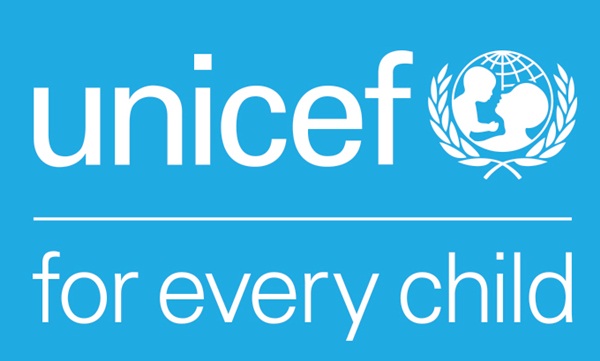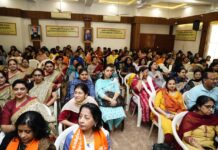Gyan Prakash
NEW YORK, 7 June 2018 – As Father’s Day is celebrated across nearly 90 countries this
month, UNICEF today launched a new parenting site as part of its ‘Super Dads’ campaign
recognizing fathers’ role in their children’s early development. UNICEF is calling for more
support for fathers globally, including for policies that give parents the time and resources they
need to spend quality time with their children.
“More than just a second parent or an extra set of hands, fathers are one of the best child
development resources we have, and if we are going to give children the best start in life, we
all need to fully recognize and utilize this role,” said UNICEF Chief of Early Childhood
Development Dr. Pia Britto.
The online site will bring together fathers from across the world to share their parenting tips,
their struggles, their needs, and their successes. It will also feature ‘mini parenting master g
nutrition for healthy brain development.
The ‘Super Dads’ campaign is intended to remind parents everywhere that when fathers
nurture their young ones in their earliest years of life – by providing love and protection,
playing with them, and supporting their nutrition – their children will learn better, have less
behavioural issues, and become healthier, happier human beings.
UNICEF is also using Father’s Day to renew its call to break down cultural and financial barriers
preventing fathers from spending quality time with their young children.
“There is no time more critical for brain development than the first 1,000 days of a child’s life,
and there’s a growing body of evidence that fathers hold a huge stake in this process. Yet this
evidence is not being matched with investment in the support that fathers urgently need to
step-up and be the best they can be,” said Britto.
Advances in neuroscience have proven that when children spend their earliest years of life –
particularly their first 1,000 days – in a nurturing and stimulating environment, their brains can
develop at optimal speed. These neural connections determine a child’s cognitive ability, their
health and happiness, how they learn and think, their ability to deal with stress, and their
ability to form relationships. Good nutrition, protection, play and love in early childhood spark
these neural connections in children’s brains.
Research suggests that when fathers are able to bond with their babies from the very beginning
of life, they are more likely to play a more active role in their children’s development, and will
have better psychological health, self-esteem and life-satisfaction in the long-term.
The Lancet’s Series, Advancing Early Childhood Development: from Science to Scale, launched
in October 2016, revealed nearly 250 million children under 5 were at risk of poor development
due to stunting and extreme poverty. The Series also revealed that programmes promoting
nurturing care can cost as little as 50 cents per capita per year when combined with existing
health services.

















